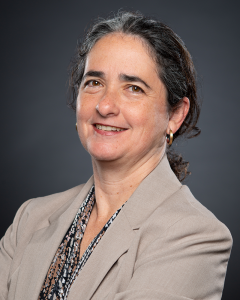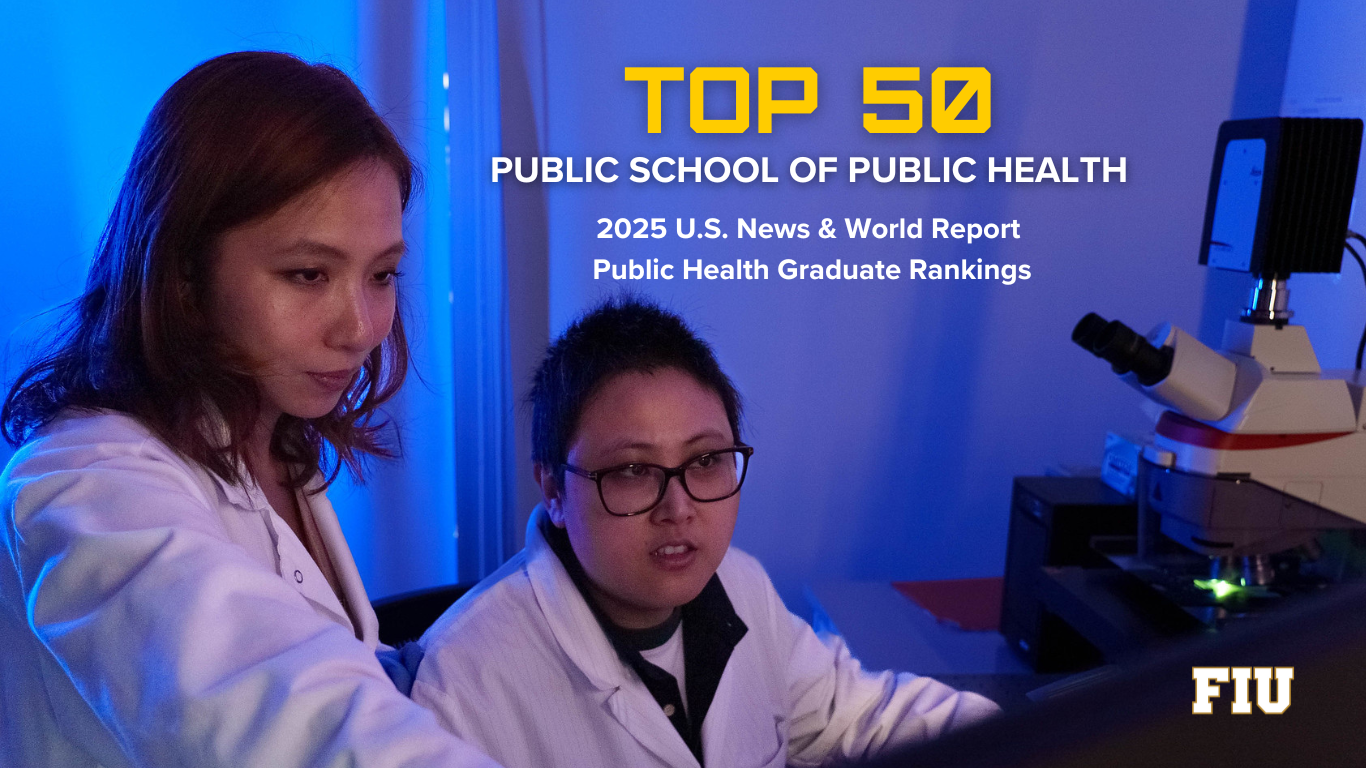Epidemiology is a science rooted in finding solutions to serious public health problems like cardiovascular disease and cancer. Data concerning determinants and distribution are critical to improving the health of entire populations. In other words, epidemiologists identify why some people get sick and others do not.
Students in the Department of Epidemiology acquire the skills to detect, prevent and control human disease and to promote the health and well-being of the public through innovative research, education and training. Our program equips students with strong analytic and quantitative skills to be successful in designing and conducting public health investigations, disease surveillance, innovative interventions and methodological research.
Many of our graduates are working as epidemiologists for federal and state agencies, hospitals, pharmaceutical companies and international health organizations.
Degrees & programs
The field of epidemiology is growing, quickly. Browse our programs to see how you can be a part of the change.
Master of Public Health EPI Accelerated One-Year Program
Exceptional candidates may be recommended for a one-year MPH, concentration in epidemiology (accelerated track). The accelerated track offers an opportunity to study full-time and complete the MPH in just 12 months. The program is designed for students who are typically transitioning to medical, dental or nursing school upon graduation.
Explore the MPH EPI Accelerated One-Year Program.

Funding your education
At Stempel College, we understand that academic success can be affected by financial aid and funding opportunities. Our students have access to myriad funding options by degree level (bachelor’s, master’s, doctoral) and by academic discipline (Public Health, Dietetics & Nutrition, Social Work). It’s important to understand the basics of applying for financial aid and the additional resources available to you as a Stempel College student.
Research Faculty Spotlight
Mary Jo Trepka
Professor and Chair
305-348-7186
trepkam@fiu.edu
AHC5 489Gladys E. Ibañez, PhD
Associate Professor, Graduate Program Director
305-348-4920
gibanez@fiu.edu
AHC5 478Wasim Maziak
Distinguished Professor
305-348-4501
wmaziak@fiu.edu
AHC5 480 & AHC3 505Olatokunbo Osibogun
Assistant Professor
305-348-7826
oosibogu@fiu.edu
AHC5-481Melissa Ward
Assistant Professor
305-348-2075
mward@fiu.edu
AHC5 483Diana M. Sheehan, Ph.D., MPH
Associate Professor
305-348-8068
dsheehan@fiu.edu
AHC5 479Vukosava Pekovic
Associate Professor, MPH Program Director
305-348-1823
pekovic@fiu.edu
AHC5 485Nasar Ahmed
Associate Professor
305-348-1093
ahmedn@fiu.edu
AHC5 486

























